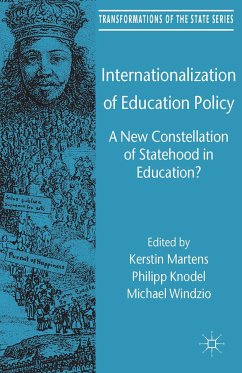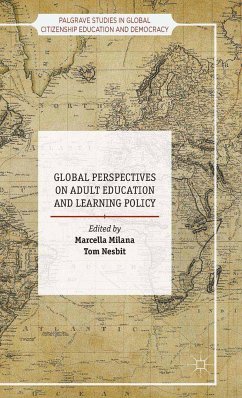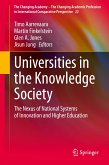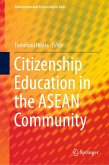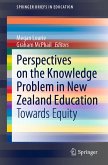This book explores new modes, spaces and relations of the Organisation for Economic Cooperation and Development (OECD)'s global educational governance associated with the PISA for Schools test.
Adopting a theoretically-rich policy sociology approach, with an emphasis on topological understandings of spatiality and power, the book examines the entire PISA for Schools policy cycle, from its initial development, to its administration and promotion in the U.S., and its local enactment by schools and teachers. It demonstrates how PISA for Schools helps to steer how schooling is locally understood and practised through separate and yet overlapping techniques: governing by (1) heterarchy, (2) respatialisation and (3) 'best practice'.
The book reveals the specific effects of PISA for Schools as an exemplar of how global educational governance is increasingly enfolded within contemporary schooling, as well as discussing how we might practise a policy sociology in which the local is acknowledged as a relevant space of concern.
Dieser Download kann aus rechtlichen Gründen nur mit Rechnungsadresse in A, B, BG, CY, CZ, D, DK, EW, E, FIN, F, GR, HR, H, IRL, I, LT, L, LR, M, NL, PL, P, R, S, SLO, SK ausgeliefert werden.
Hinweis: Dieser Artikel kann nur an eine deutsche Lieferadresse ausgeliefert werden.



